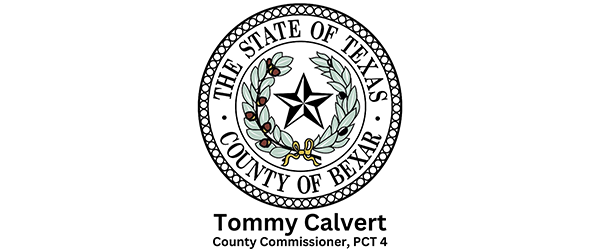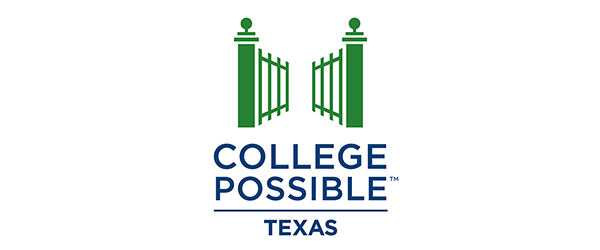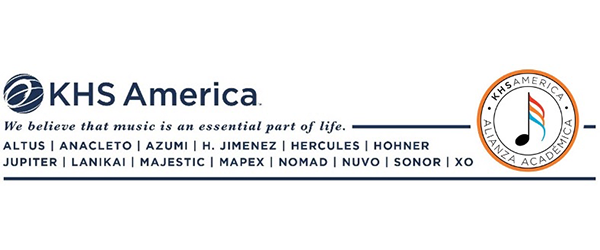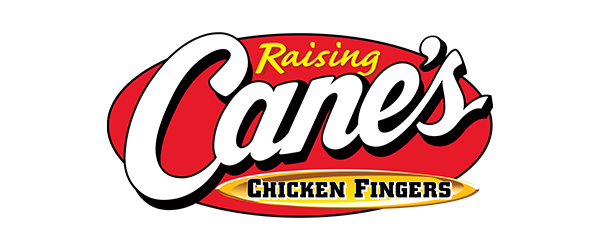In modern usage, the word mariachi has three main meanings: As a noun, it can mean either a mariachi group or a musician member of such a group (the latter is sometimes called a mariachero). As an adjective, it can refer to the mariachi genre or anything related to it (e.g. mariachi music, mariachi trumpet).
Word Origin
For years, authorities believed the word mariachi (or its variant, mariache) was an indigenous Mexican word, but recent evidence points to a mixed Spanish and indigenous (mestizo) origin. The earliest known written examples of the word date from the early 1800s, where it is found as a place name. Later nineteenth-century references to this term tend to associate it with the rural fiesta, (also known as a fandango or mitote), and with the tarima, a wooden platform that couples would dance upon to the accompaniment of some early form of mariachi music.
The French Myth
For many years, the word mariachi was believed to be of French origin, based on a phonetic similarity with mariage, the French word for marriage, and the fact that mariachis have always been popular at weddings. Although a brief French intervention did occur in Mexico during the 1860s, no convincing evidence to support this assumption has ever been presented, and more and more pre-1860s historical documents containing the word mariachi or mariache continue to be discovered, further refuting the possibility of any French connection with this musical tradition or its name. In spite of this, the mariage myth is often repeated today.





